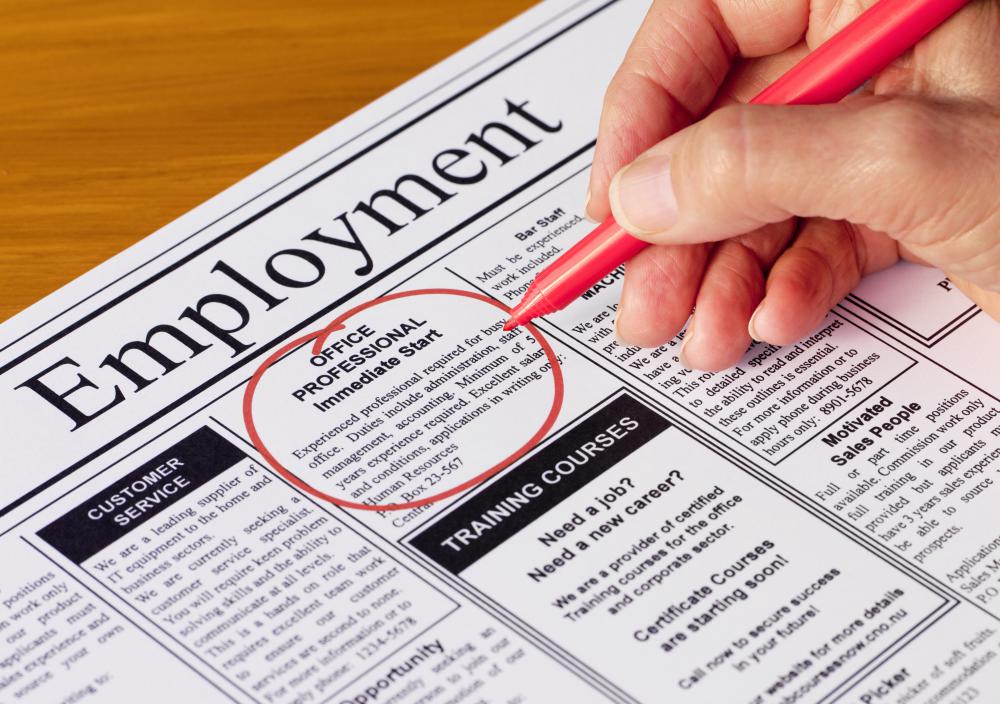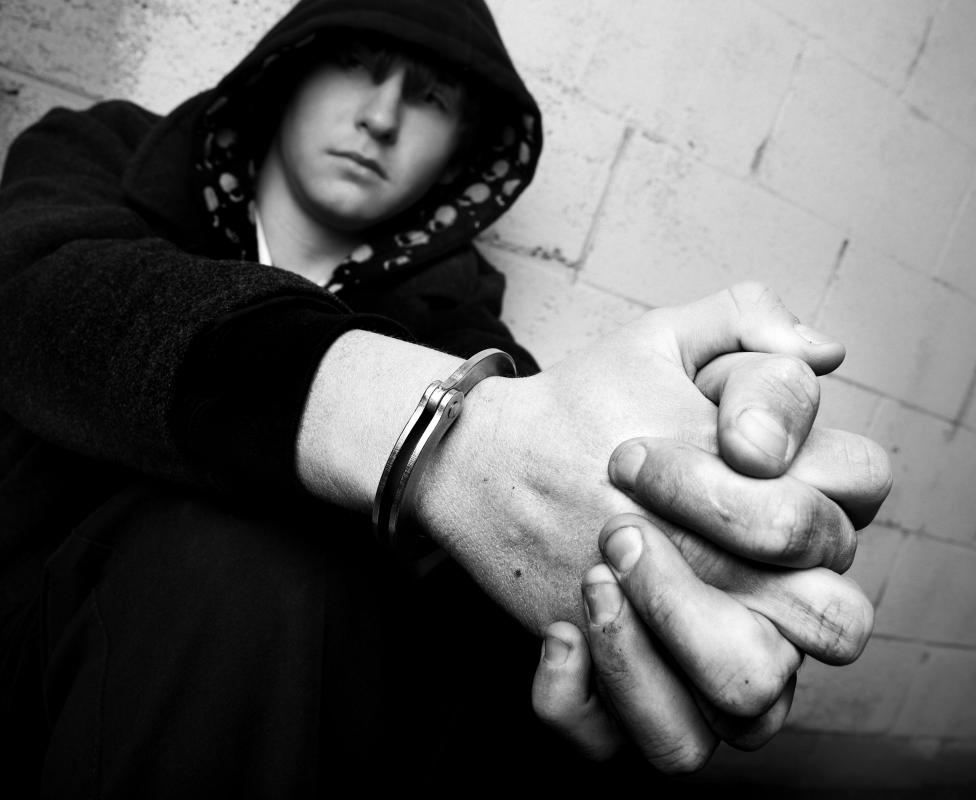At WiseGEEK, we're committed to delivering accurate, trustworthy information. Our expert-authored content is rigorously fact-checked and sourced from credible authorities. Discover how we uphold the highest standards in providing you with reliable knowledge.
What Happens If I Am Convicted of a Felony?
Someone convicted of a felony may face a long prison sentence. Reduced felony sentences may happen in favor of probation. Appeals can be filed by an attorney, but these may not be effective if the crime had aggravating circumstances or was particularly brutal. After time in prison, the person may get out on parole. In addition to fines and restitution that can cause financial hardship after incarceration, felony convictions make it harder to find employment.
Depending on the nature of the crime and the laws of the jurisdiction, being convicted of a felony will almost always guarantee prison time. Murder, rape, and assault with intent to kill carry longer sentences. The death penalty may also be applied. Hefty fines are often imposed, which can take years to pay back. In some places, restitution may have to be paid to victims.

Filing an appeal is the process of asking a higher court to review the conviction. Appeals seek to remedy errors of law that can get a conviction thrown out. Attorneys generally take advantage of the appeal allowed right after the accused has been convicted of committing a felony. The felon may be eligible for bail if it can be shown there is no flight risk, although this rarely happens.

After a person is convicted of a felony and sentenced, the next stop is jail and then prison. For a first-time offender, this can be extremely frightening. There are numerous books and websites that offer advice to new inmates. If attorneys have managed to reduce a sentence to probation, remaining at home is an option but close supervision will be ordered. The convicted felon will be required to see a probation officer regularly, maintain employment, and perhaps do community service. Any deviation from the sentence will result in incarceration.

Parole occurs when most of a sentence has been served and the convicted felon has shown good behavior and a genuine desire to reform. Supervision of a parolee is extremely strict and is similar to probation. It may be possible to have the conviction expunged from the person's record by reclassifying it as a misdemeanor, but there may be a long waiting period. For violent or sexual offenses, this is generally not allowed.

There are consequences in society when a person has been convicted of a felony. The right to vote, own a firearm, and receive public assistance and grants or loans for higher education may be revoked. Employment prospects are limited for convicted felons, which makes it difficult to pay any court-imposed fines or restitution. Relationships with family members and friends can change substantially, and partners may not stay with the convicted person during incarceration.
AS FEATURED ON:
AS FEATURED ON:


















Discussion Comments
This article really should make people take a long look at their lives if they are engaged in illegal activities. It probably won't, because most criminals think they won't get caught and when they are caught, stoutly maintain their innocence, even if they were caught red handed. It's nearly always someone else's fault. The real perpetrator lied and this person was caught up in that, they say.
That's probably true in about one of every 10,000 cases. I'm not saying justice is always done, or even that the police always get it right, but most of the time, the person who is convicted of a felony is probably guilty of the crime. But that's why we have appeals courts -- so the possibly innocent will not be punished unjustly.
Post your comments